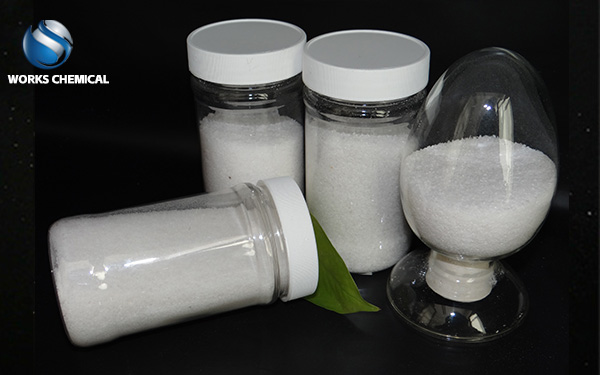
There are many kinds of sludge conditioners on the market, and choosing the right sludge conditioner is crucial to improve the effectiveness and efficiency of sludge treatment. Here are some suggestions for choosing a sludge conditioner:

First, understanding the properties of sludge
Organic matter content: For sludge with high organic matter content, cationic flocculant is more effective, and the higher the organic matter content, the higher the polymerization degree of cationic flocculant should be selected. For inorganic sludge, anionic flocculant can be considered.
pH value: different flocculants have different treatment effects on sludge with different pH. For example, the hydrolysis reaction of aluminum salt is greatly affected by pH, and the optimal pH range is 57; Ferric salt conditioner is less affected by pH, and the optimal pH range is 611.
Two, consider the processing objectives
Dewatering effect: Select a conditioner that can significantly improve the dewatering efficiency of sludge, such as an organic polymer flocculant, and its preparation concentration is more appropriate between 0.05% and 0.1%.
Cost-effectiveness: under the premise of ensuring the treatment effect, the sludge conditioner with lower cost is selected to reduce the treatment cost.
Three, pay attention to the characteristics of the drug
Molecular weight and molecular structure: The choice of molecular weight depends on the type of equipment used for dehydration treatment. The molecular structure of cationic flocculants can be divided into linear, branched and crosslinked structures, and the choice of these structures depends on the desired dehydration properties.
Temperature adaptability: When the temperature is lower than 10℃, the flocculation effect will be significantly worse. Therefore, in a low temperature environment, agents with strong low temperature adaptability should be selected.
Four, test to determine the best scheme
Pilot test: Under laboratory conditions, precipitation test was carried out by a six-set mixer to measure the turbidity of the supernatant to determine the best flocculant type and dosage.
Pilot test: On the basis of pilot test, pilot test is conducted to further verify the effectiveness and stability of the best scheme.
Five. Consider other factors
Use in combination with other chemicals: If the use of high molecular weight flocculants alone fails to produce the desired effect, the effect can be improved by combining with inorganic flocculants such as aluminum sulfate and polyaluminum chloride.
Safety and environmental protection: Choose a sludge conditioner with low corrosion and non-strong acid and alkaline, so as not to cause personnel damage and long-term corrosion of pipelines. At the same time, the selection of safe and environmentally friendly sludge conditioner does not bring load to the water body and sludge.
In summary, when selecting sludge conditioner, it is necessary to consider sludge properties, treatment targets, agent characteristics, test validation and other factors. Through scientific selection and reasonable use, the sludge treatment effect and efficiency can be significantly improved.